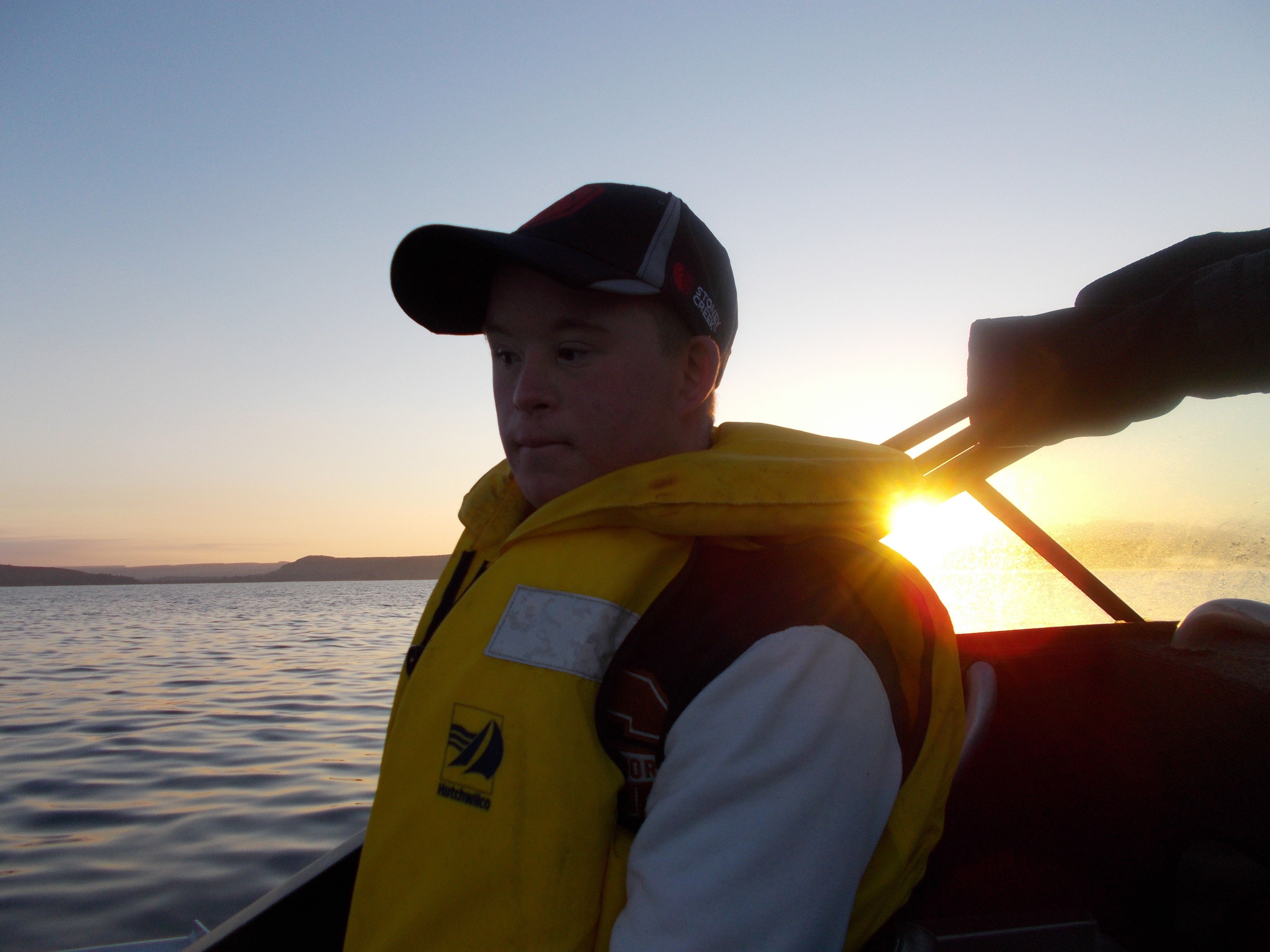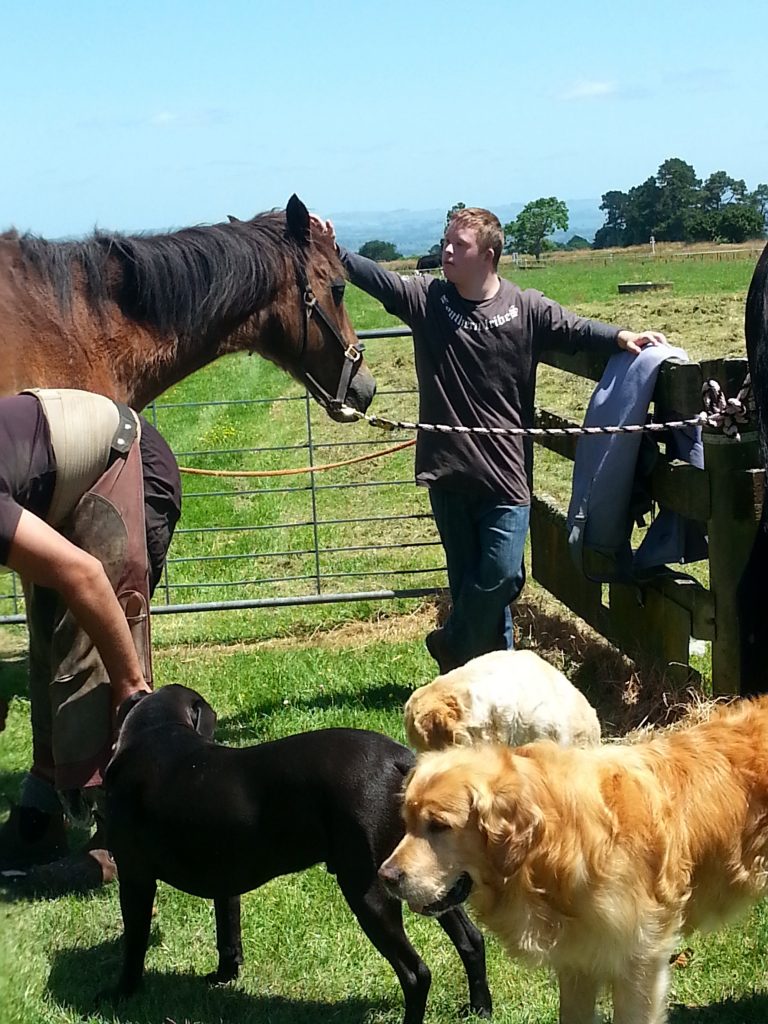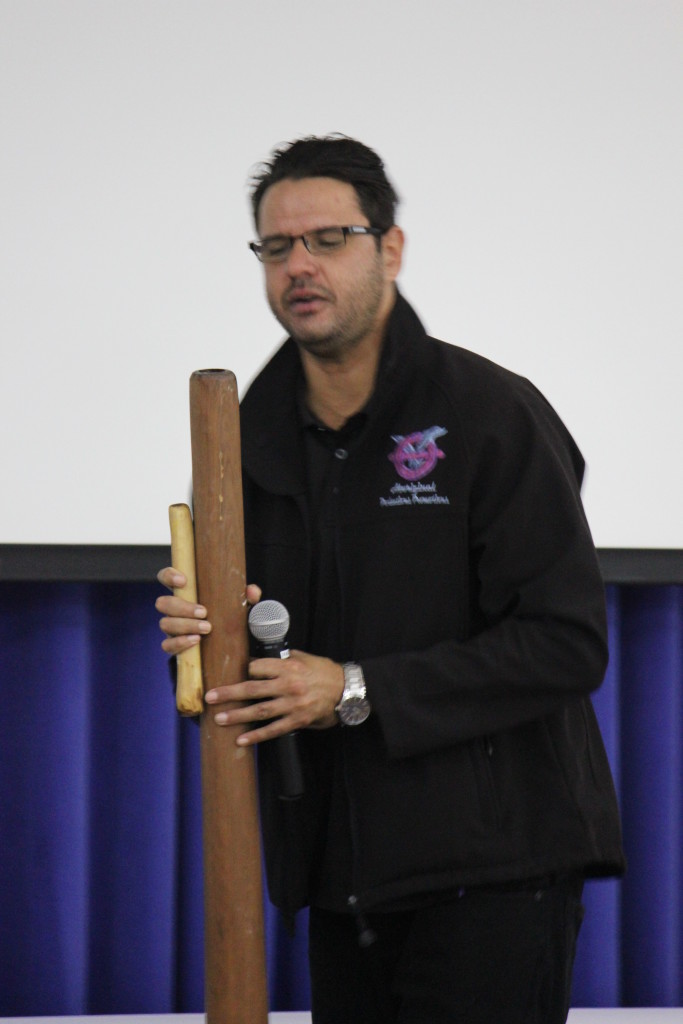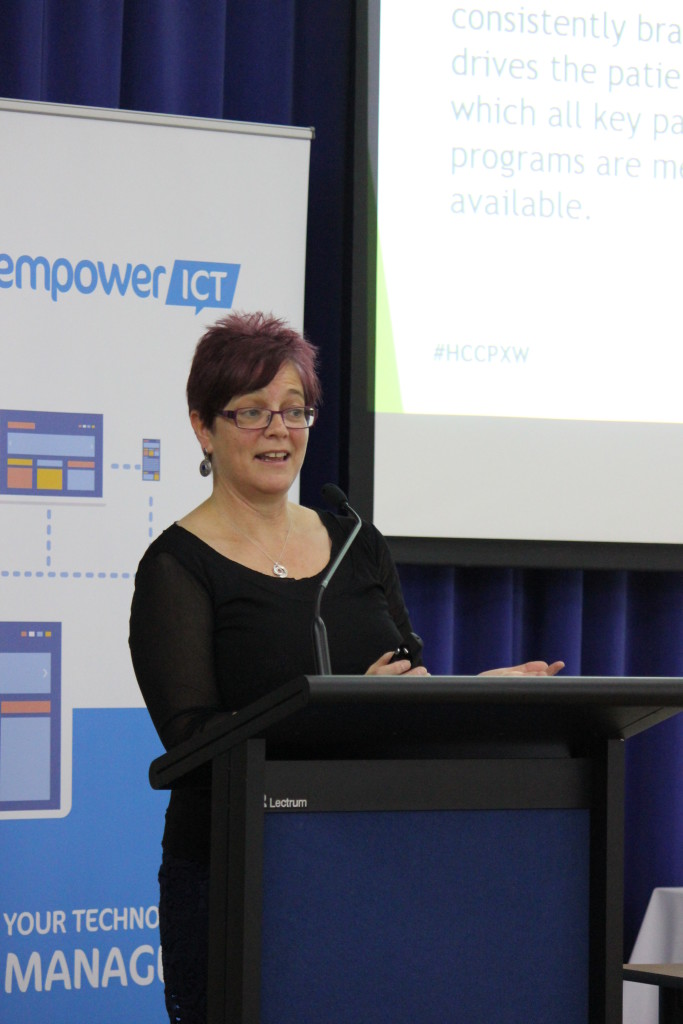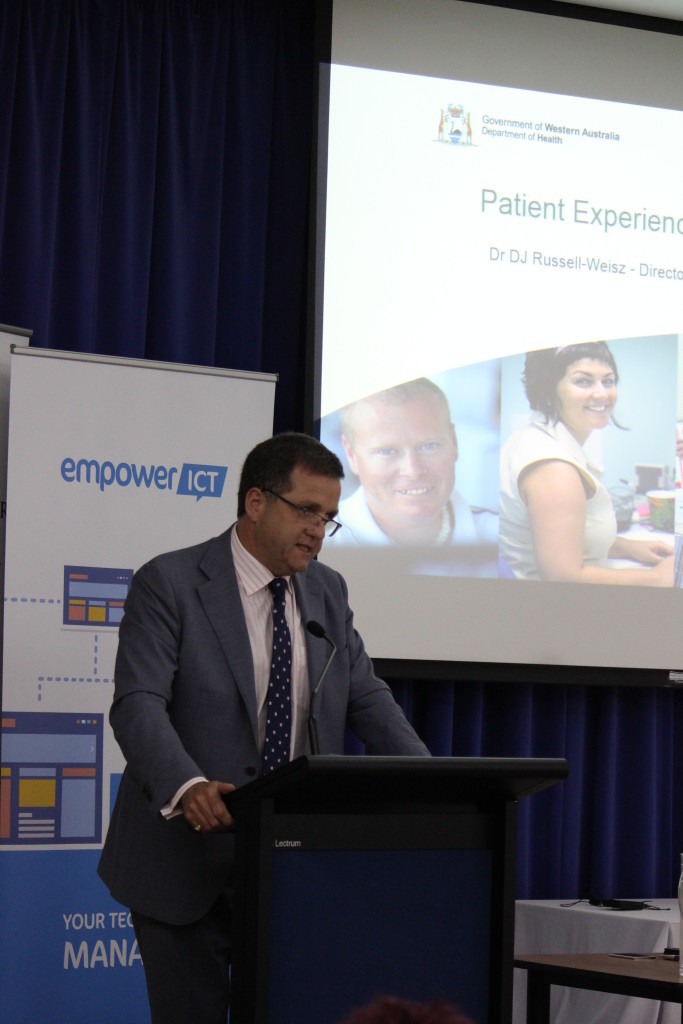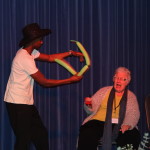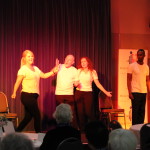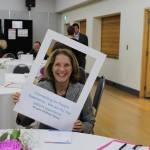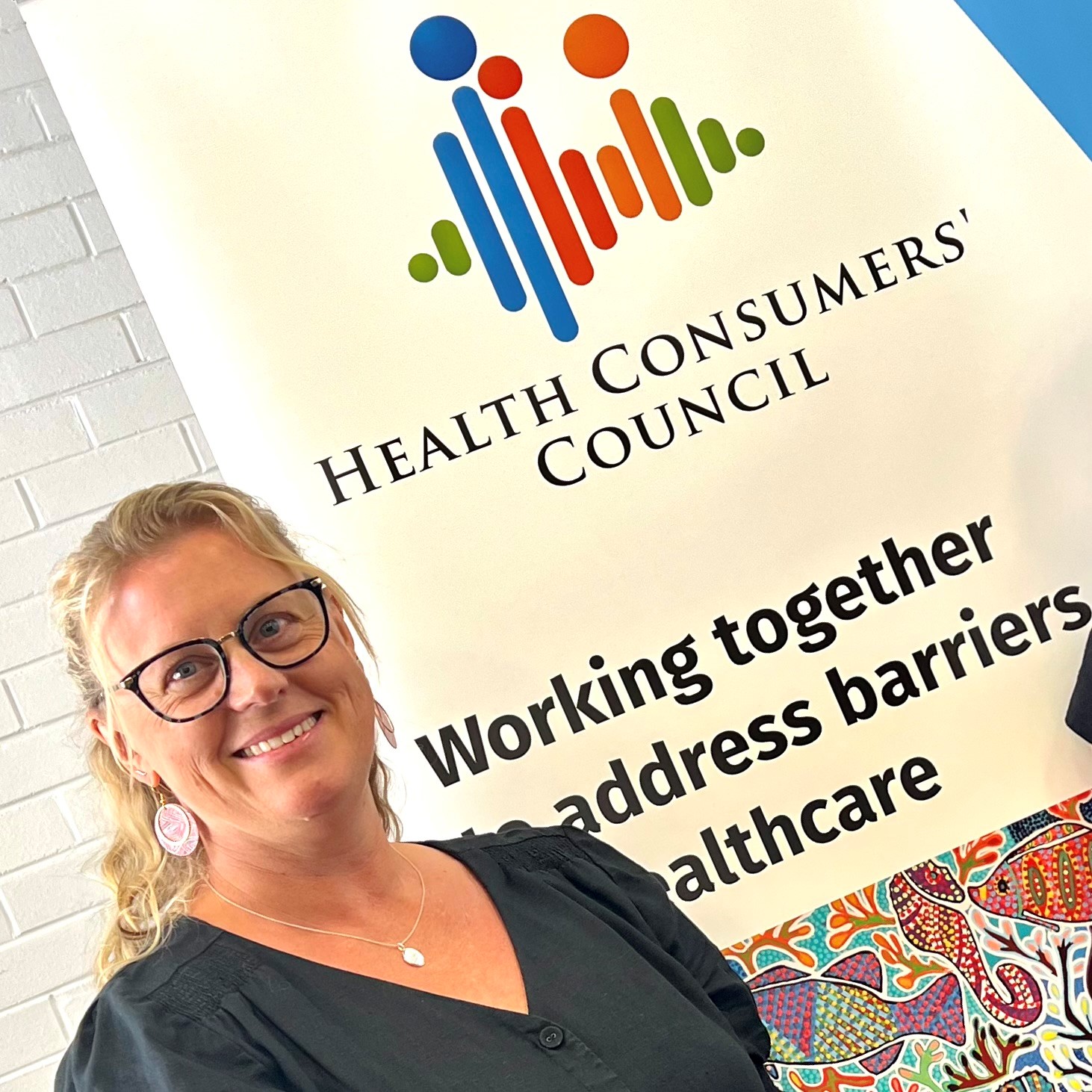
December 6, 2022
HCC Executive Director – 2022 Annual General Meeting (AGM) Address
delivered 6 December 2022
It’s a privilege to have joined HCC in April this year (2022). HCC is an organisation with a strong voice built on experience, knowledge, and a proven commitment to really listening.
We are expert at creating space and conditions for people to be share experience and perspectives. We identify and act on opportunities to emphasise what we hear and learn, to influence decisions by government and health services, and create conditions for positive change.
We gained 14 new members in 2021/22, growing the HCC community of people involved in creating positive change to nearly 250, with more individuals and organisations joining each month.
In the coming year, we want to do more of what we know makes a difference to people’s lives. However, we operate in an environment where government funding to the community services sector has not kept up with wages growth and cost of operation increases. This is a hard ask. As such, we are making concerted efforts to grow and diversify our funding sources:
- Providing consumer engagement expertise through projects and consultancy paid on a for-service basis.
- Application to government proposing funding for expanded advocacy to reach more people who have prover health outcomes – we’re hopeful but competing with many other challenges for a finite bucket of money.
- Expanding our consulting to new markets like aged care and disability services that are seeking to engage with consumers effectively and authentically.
- Continuing to refine the information we collect and report to demonstrate our value and impact, which is challenging when our value is so clearly linked to relationships more than transactions and therefore much harder to measure and count. But we’re committed to keep trying.
When I started here, a statement in HCC’s strategic plan struck a chord – “learning as we go.”
Such simple words, yet so frequently they strike fear into the hearts of policymakers and funders. So, then nothing is implemented until it’s fully proven, and with governance frameworks and project schedules clearly aligned and articulated. Creativity, innovation, and consumer voice stifled by bureaucratic process, leading to “faux design” rather than co- design.
I feel like there’s a change afoot. The commitments of key reforms like SHR, of which my predecessor Pip Brennan was a driving force of consumer voice, recognise that what’s gone before isn’t working and it’s time for something new.
Doing new and different things requires a commitment to trying, learning, refining, doing, and learning, trying, and doing some more. At HCC we are small enough to be agile, responsive, and innovative while robust enough to be credible, reliable, and respected. These are the qualities that will see HCC step forward with confidence into 2023.
Suzanna Robertson | Executive Director, December 2022






